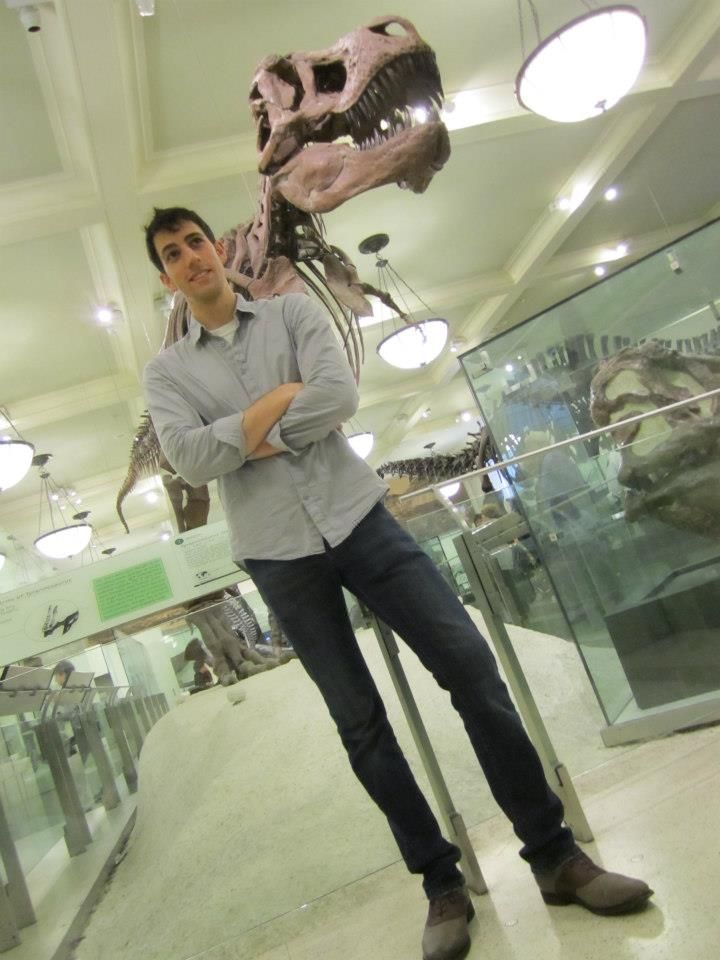Blacksmith and strongman of the Mother Lode, 1902-1937, when he began a 20-year career
with Barnum, Bailey Circus, featured internationally as the world’s strongest and most tattooed man. — Gravestone Inscription, Angels Camp
I.
I dreamed in ink—clouds pinned against the endless belly
of the sky, a blot of orange weeping through its border—
and woke to cold, damp gauze unraveling from my skin.
In time, I started drawing odd looks on the street,
so what couldn’t be hidden, I forced further into view.
I figured crowds would pony up to see me inked,
like Omi and Costentenus—that self-bred lot.
Nights, after the forge was cooled, tools hung, I tracked
down Brooklyn Joe—a good man, clever with the needle—
who darkened the canvas of my flesh with dragons and geishas,
redwoods on my calves and Christ-heads on my ribs.
All told, Joe left me looking like a tall Ming vase—
a frozen scene that you could live inside for days.
My ticket elsewhere, paid in flesh. Come look, come look.
II.
Those tattoos formed the hopeful specters of my night,
but morning pried me from my ink-stained sheets to work.
With criss-crossed tongs chirping like a cardinal,
I drew out horseshoes, sixteen-penny nails beside
the rictus of a forge yawning its ball of heat,
lump coke glowing and pulsing in that shallow gullet.
Working both sledge and chisel, I had no striker—preferred
to work alone. Damp leather gloves, the ceaseless ping
of hammer and anvil—these are the things I can’t forget
even now, not that I hear the whisper of regret.
All that I made from broken springs, discarded chain links
rusted and thick as from the docks of Sønderborg,
are out there still, and I take comfort knowing that.
Somewhere, a horse presses its shod hooves into mud.
III.
But curiosity’s a fickle child, and inked men
fell from high wonder when the crowds thinned, wanting more:
While Omi filed his teeth to points and stretched his lobes,
I forged a set of bull rings—four-inch, heavy gauge—
and pierced my nipples with a drawn-out steel-grade rod,
then slid the rings into those burning tips of flesh.
Starting small, I wrapped a 50-lb. anvil in chains,
and hooking it to my chest, I lifted, slow at first,
the only sound the tick of blood against the floor.
Breath was the bitch to master—keep the good air in.
I ground my molars smooth and clenched my neck to wires.
Practice makes perfect. No, practice makes permanent.
And this, I figured, was the tempered ease of freaks—
that pearl of pain the curious rub themselves against.
IV.
I worked the Odditorium, then joined the Ringlings’
sideshow—that mobile hall of lesser gods and muses.
We etched our way across the country’s sprawling back
and passed the whiskey round until the jug got dizzy.
Chuffing east through Lincoln, we played hearts and stud
as rain dragged ragged lines across the windowpanes.
Near Dallas, the giantess pulled aces on my jacks…
(The towns changed faces, but the people stayed the same.)
By July of 1944, a permanence:
breasts dangled from my unseen muscle, Tiresias-like,
and the loosed-up piercings swung like cow-bells when I walked.
With jagged bits of swarf still clinging to my boot soles,
I lifted for a drop-jawed crowd. You’d call it art,
if it were yours—this painting with a shifting frame.
V.
In Hartford, I woke early to a reveille
of smell—elephant shit, and roughnecks boiling coffee,
day-old stuff, squatting in the long light of morning
or pissing opposite the tracks that brought us there.
Soon vendors trundled in their franks and orangeade,
the sunlight glinting hard against their silver carts.
Hours later came the folks who looked to patch the war
with the exotic, stuffing their faces with cotton candy,
and grinning like Cheshires, their little fists full of balloons.
There, several gawked as I prepared my act. One child
screamed like a steam-whistle, then hid in mama’s skirts.
I hooked the chain-linked anvil to my breasts, then heaved,
arms spread for balance like an umpire calling safe.
Attraction curdled with disgust like yin and yang.
VI.
Frieda spoke politely from her leather stool,
smart in a lace-trimmed velvet dress. Some folks looked on
as if her limblessness might lead them to a sacred pity,
but she looked back more mystified than those who frowned.
Pen pressed between her chin and shoulder, Frieda signed
Best wishes
on her portrait with a master’s ease.
(That girl could thread a needle with just tongue and teeth.)
Looking at my hands, those knuckles fat as chestnuts,
I thought of Frieda from my platform—but it’s here
that memory goes dim. “The Stars and Stripes Forever”
kicked up from the bandstand—allegro, perfect, loud.
Some must have screamed; they always did. A minor hitch,
I figured—but as the band piled verse on added verse,
disaster crackled through the hope of false alarm.
VII.
We gathered outside the Big Top: There, the sad-faced clowns,
frowning as if always braced for tragedy,
grew into humans as the paint drooled off their faces.
One woman dumbly clutched an infant, charred and blebbed,
hair weeping off in wet clumps as she stroked its head.
A gust sent flames unfurling east, the band still roaring
while the canvas folded, gentle as a swan’s wing lowering
on those below. Air heaved out like a fevered sigh.
“The Greatest Show on Earth,” the marquee read, untouched.
And who would doubt the claim? It all seemed choreographed,
red curtains drawn on new illusions as we watched.
Coke bottles melted into miniature lakes and streams—
those bits of brightness that my mind will never lift.
The act forged into blackened slag. We couldn’t look away.
Original appearance in Southwest Review.
Nicholas Friedman is the recipient of a 2012 Ruth Lilly Fellowship. His newer work appears in The Dark Horse, The New Criterion, The New York Times, POETRY, Southwest Review, and other publications. Friedman currently works as a lecturer for Cornell University.



No Comments